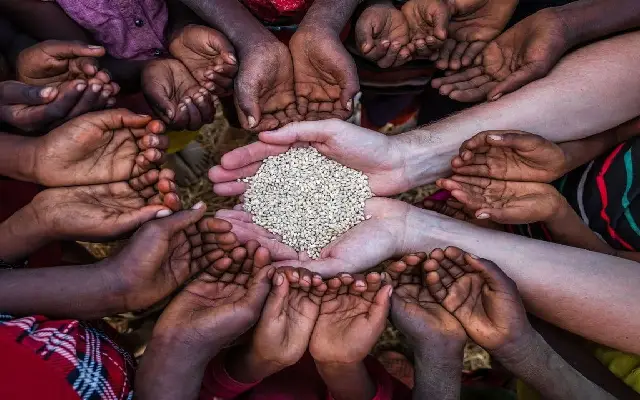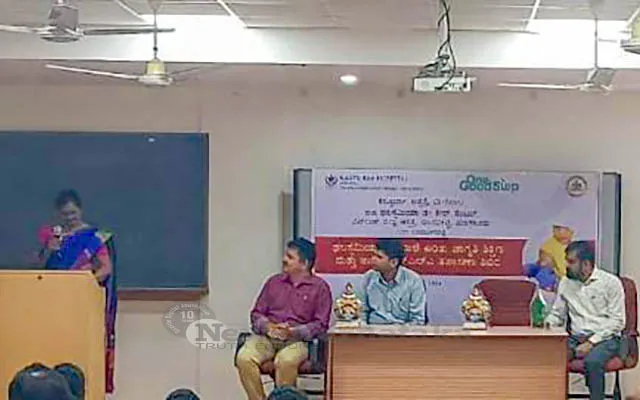London: Using human embryonic stem cells, scientists for the first time have created primordial germ cells, which go on to become egg and sperm, in the lab.
 The pioneering results can help scientists provide answers to fertility problems, yield insight into the earliest stages of embryonic development and enable the development of new kinds of reproductive technology in the near future.
The pioneering results can help scientists provide answers to fertility problems, yield insight into the earliest stages of embryonic development and enable the development of new kinds of reproductive technology in the near future.
The creation of primordial germ cells is one of the earliest events during early mammalian development.
“It is a stage we have managed to recreate using stem cells from mice and rats, but until now few researches have done this systematically using human stem cells,” said first author Naoko Irie from University of Cambridge.
The team at the Weizmann Institute of Science – a public research university in Rehovot, Israel – and University of Cambridge jointly managed the feat.
“Researchers have been attempting to create human primordial germ cells (PGCs) in the petri dish for years,” added Jacob Hanna of the Weizmann’s molecular genetics department.
PGCs arise within the early weeks of embryonic growth as the embryonic stem cells in the fertilised egg begin to differentiate into the very basic cell types.
Once these primordial cells become “specified”, they continue developing toward precursor sperm cells or ova – pretty much on autopilot.
Working with naïve human embryonic stem and pluripotent stem (iPS) cells, the research team managed to produce cells that, in both cases, appeared to be identical to human PGCs.
Together with the lab group of Azim Surani of Cambridge University, the scientists further tested and refined the method jointly in both labs.
By adding a glowing red fluorescent marker to the genes for PGCs, they were able to gauge how many of the cells had been programmed.
Their results showed that quite a high rate – up to 40 percent – had become PGCs – the first step in creating human sperm and ova.
The paper appeared in the journal Cell.
















